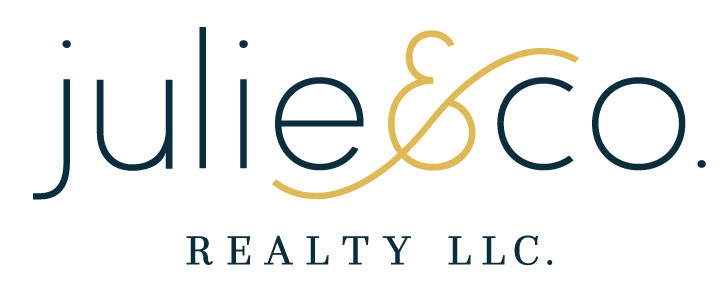
Navigating the complexities of home improvement can be daunting for many homeowners. With numerous legal requirements and potential pitfalls, the process can quickly become overwhelming. The New York State Attorney General's Office provides a comprehensive guide to help homeowners engage with contractors safely and legally. Here's a deep dive into their important Home Improvement Fact Sheet, designed to arm you with essential knowledge.
1. Clarity in Your Vision: Know What Work You Want Done
Before embarking on your home improvement journey, it is vital to have a clear vision. Preparing a detailed list of the work required helps not only in negotiating fair pricing but also wards off unscrupulous contractors who may push for unnecessary additions. In essence, clarity ensures control over your project.
2. Understanding Necessary Permits
Permits are more than bureaucratic hurdles—they are assurances of safety and compliance. While experienced contractors will manage permit applications, homeowners should also be knowledgeable about necessary permits to ensure alignment with local building codes.
3. The Importance of Shopping Around
When considering contractors, remember to shop around. Evaluate multiple bids and assess not only the pricing but also the proposed timelines. Such due diligence ensures you get the best value and can compare each contractor's reliability and capability.
4. References: Your Most Reliable Resource
Word of mouth remains a powerful tool. Consult with friends and neighbors about their experiences, and always request and check references directly from contractors to confirm their reputation and quality of work.
- Check the Better Business Bureau website for complaints.
5. Proof of Insurance: A Non-Negotiable
Understanding Contractor Insurance Fraud
Contractor insurance fraud occurs when a contractor deliberately provides false or misleading evidence of insurance coverage. This deceit can take several forms, including altered or fake insurance certificates, expired policies presented as current, or policies that do not cover the specific services being performed. It is a crime that not only undermines trust but also puts homeowners at considerable financial and legal risk.
Verify Documentation: Always request a copy of the contractor’s insurance certificate and verify its authenticity directly with the issuing insurance company. Call them directly by searching for their number online and not what is listed on the certificate.
6. Licensing: Compliance is Key
In New York, certain areas mandate that contractors hold valid licenses. Licensed contractors tend to be more credible, having met local regulatory requirements, and provide an added layer of assurance.
- Home-improvement contractors must be licensed in New York City, Suffolk, Nassau, Westchester, Putnam, and Rockland counties, and the City of Buffalo. Before you hire a contractor, use these links to check whether the contractor is licensed or registered in your county:
7. Financial Prudence: The Payment Schedule
Avoid making full payment upfront. Instead, establish a payment schedule linked to specific project milestones, retaining final payment until project completion and satisfaction. This method encourages accountability and ensures project deliverables are met.
8. Put It All in Writing
New York State law requires a written contract for all home improvement work. Include timelines, payment structures, and detailed project specifications within, ensuring all parties have a clear 'road map' of the project.
9. Scrutinize the Flow of Payments
State laws mandate that either an escrow account be used for deposits or the contractor must carry a surety bond as protection. Confirm where your payments are held and understand the contractor's process, protecting your money until project completion.
Navigating Contracts and Compliance
The law further stipulates that home improvement contracts must be clear, concise, and in plain English, providing homeowners with a three-day cancellation period. Contracts should detail every aspect: timelines, specifications, and your rights as a consumer.
Penalties and Protections
Consumers have leverage against contractors who default on their commitments. Fraudulent practices can lead to lawsuits for actual damages, additional penalties, and potential intervention by state authorities. This acts as a deterrent against unethical contractor behavior and empowers homeowners.
Conclusion: Informed and Empowered Homeownership
With these guidelines, the New York State Attorney General's Home Improvement Fact Sheet arms homeowners with the necessary tools and knowledge to navigate home improvements with confidence. Implement these safeguards to ensure your renovation or building projects are secure, compliant, and successful. As always, staying informed is your strongest defense against the risk of fraud or poor workmanship.
New York State Attorney Generals Home Improvement Fact Sheet review it here: https://ag.ny.gov/home-improvement-fact-sheet



